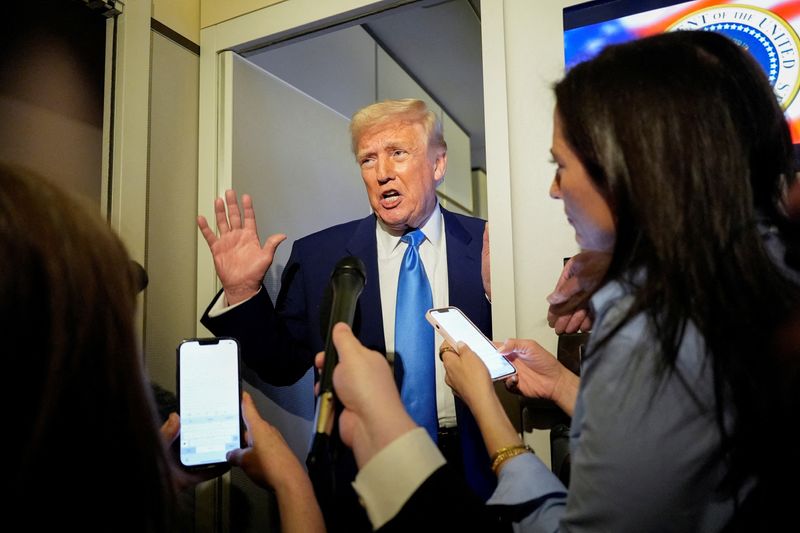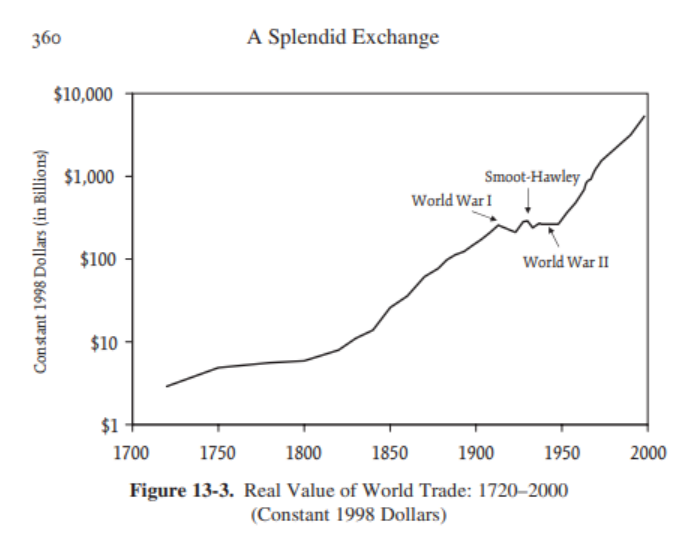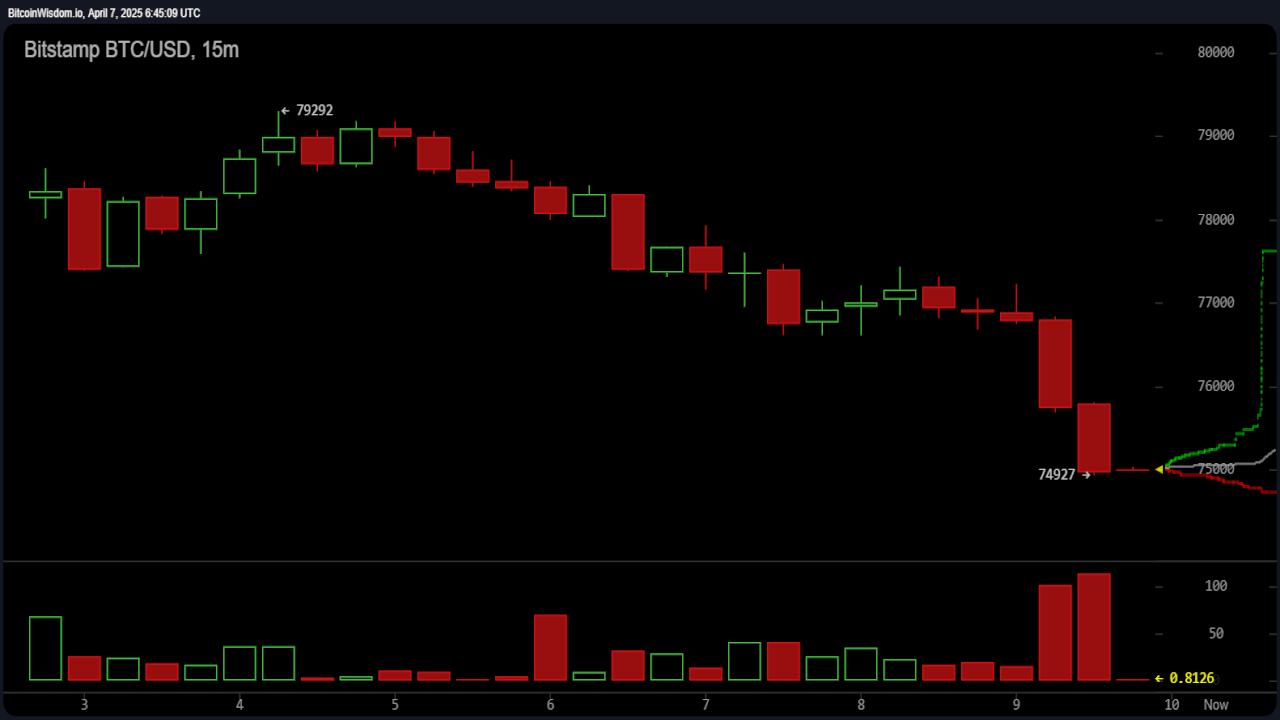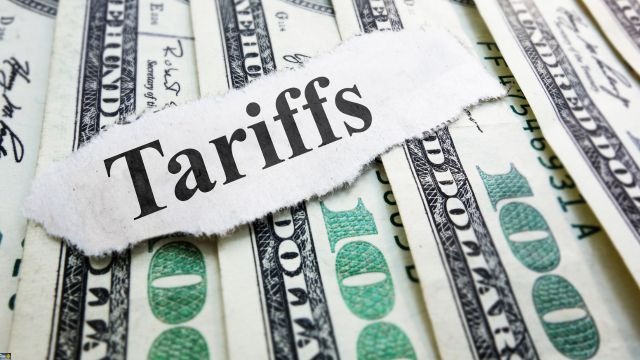How Might New Tariffs Affect Bitcoin?
Bitcoin (CRYPTO: BTC) fell by 5.4% on April 3 as the Trump administration's newly announced tariff policies were digested by the market. Now, with economic uncertainty sky-high and investors looking for havens from the turmoil, it's an open question whether the tariffs might deal severe harm to the cryptocurrency sector -- or if crypto might just end up getting dragged down along with everything else.But is Bitcoin going to fare better than its peers as a result of its highly distributed and decentralized nature? Let's look at its exposure to the emerging set of risks and figure it out.The first thing that investors need to realize -- if they don't already -- is that Bitcoin is not something that's commonly used as a medium for processing international trade payments. There are a few exceptions to that generality, largely related to dodgy attempts at avoiding sanctions or other illegal purposes. But overall, it's not reasonable to expect Bitcoin to become less used if trade is damaged by the possible future implementation of the Trump administration's tariffs on imports. So if there is a detrimental effect on demand for the coin, it won't come from businesses looking to avoid paying tariffs.Continue reading

Bitcoin (CRYPTO: BTC) fell by 5.4% on April 3 as the Trump administration's newly announced tariff policies were digested by the market. Now, with economic uncertainty sky-high and investors looking for havens from the turmoil, it's an open question whether the tariffs might deal severe harm to the cryptocurrency sector -- or if crypto might just end up getting dragged down along with everything else.
But is Bitcoin going to fare better than its peers as a result of its highly distributed and decentralized nature? Let's look at its exposure to the emerging set of risks and figure it out.
The first thing that investors need to realize -- if they don't already -- is that Bitcoin is not something that's commonly used as a medium for processing international trade payments. There are a few exceptions to that generality, largely related to dodgy attempts at avoiding sanctions or other illegal purposes. But overall, it's not reasonable to expect Bitcoin to become less used if trade is damaged by the possible future implementation of the Trump administration's tariffs on imports. So if there is a detrimental effect on demand for the coin, it won't come from businesses looking to avoid paying tariffs.


































































































































































